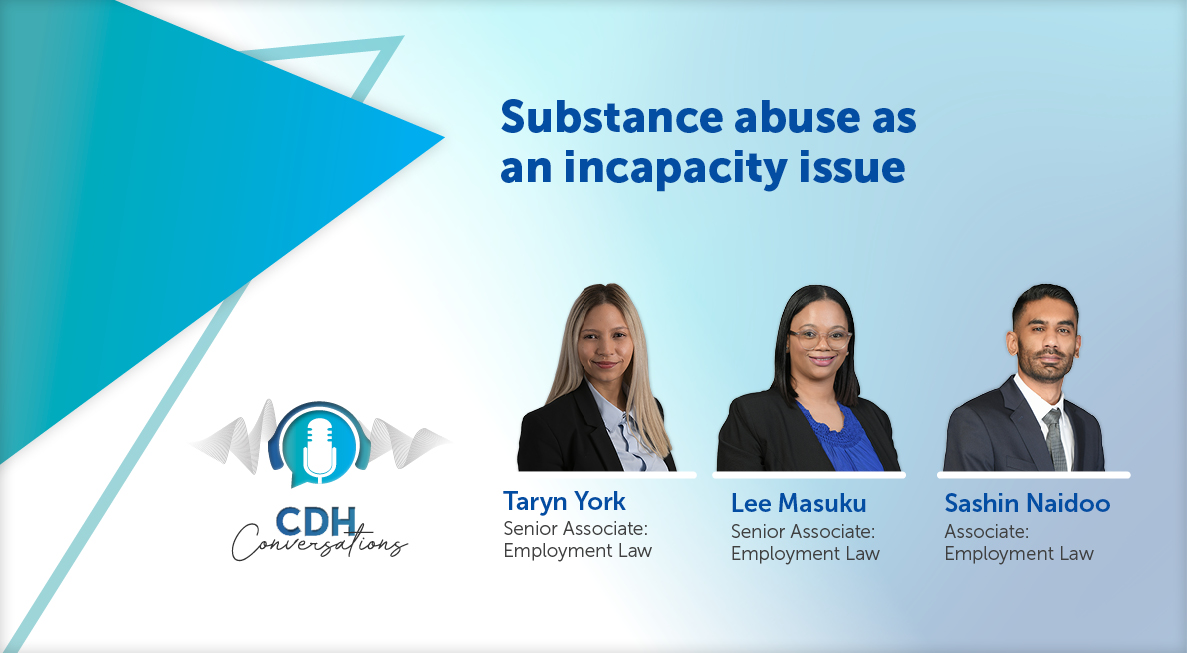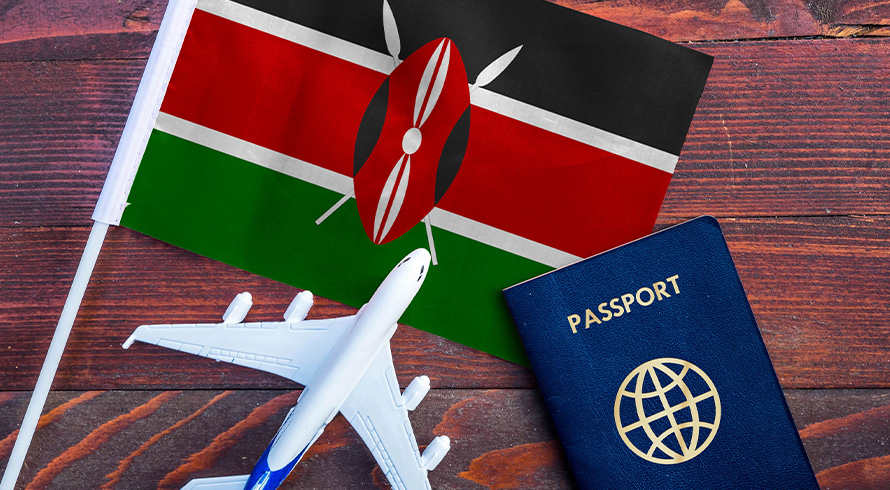Burial Rights and the law
Recent media attention on the exhumation and reburial descendants of Nelson Mandela against the backdrop of his own illness raises the sensitive issue of burial rights. The phrase – ‘burial rights’ – relates to the whole range of death and burial practices in respect of the deceased.
A natural person’s legal personality is terminated by death; a dead person thus has neither rights nor obligations but the law protects the deceased’s body and regulates its disposal. These laws do not arise out of the rights of the deceased but out of the rights of the living. Such rights cover both public interest, such as health and environmental considerations, and private interest, namely, protecting the feelings and dignity of the family and community of the deceased.
By way of illustration, a deceased's tissues and organs may only be used in the circumstances and subject to the provisions and for purposes that are set out in the National Health Act. By-Law exists which comprehensively sets out the standards of compliance and the rules in relation to all matters related to the disposal of dead bodies, including exhumations and reburials. Criminal sanctions exist too; for example, violating a grave is a common law crime.
The Births and Deaths Registration Act 51 of 1992, regulates the registration of deaths and burials. In terms of the Act, it is the duty of any person present at the death of another person who died of natural causes, or any person who becomes aware of such death, or who organizes the funeral, to notify th Department of Home Affairs of the death of the person concerned. The Notice is given in the form of a prescribed certificate by a medical practitioner, if one had attended to the person prior to his death, or had examined the body of the person after death
Once the death has been reported and registered, the Department will issue a death certificate, which is prima facie proof of death. Thereafter a burial order will be issued without which no burial may take place.
A body may be disposed of by different methods which include in-ground burial, above-ground burial, burial at sea, cremation, freeze reduction and biodegradation. Apart from personal preference, cultural and religious beliefs play a dominant role. For instance, the Islamic faith determines that the body must be buried before sunset on the same day; Generally, the Jewish faith is opposed to cremation, as the body is regarded as a gift from God, The Christian faith accepts both cremation and in-ground burial; if interned, the body is placed in a casket, and the feet face east. Generally, in African culture, death is regarded as a passage from the world of the living to the world of the dead requiring specific cleansing and exit rites.
According to the common law authorities, the person nominated by the deceased has these rights right , whether the authority is given in a Will or other document, or verbally. In terms of customary law, the entitlement stems from the agnatic group rights of authority over group members. In certain customary law intestate succession dispensations, the principle of primogeniture is applicable.
The problem of who holds the authority of burial when there are multiple heirs was addressed in the judgement Mahala v Nkombombini and Another 2006 3 All SA 366 (SE), when the conflicting wishes of the deceased’s wife and her children with the deceased against the deceased’s mother and his issue from extra-marital relationships had to be adjudicated. The court held that each case should be decided on the merit of its own particular circumstances, with common sense dictating the decision of the court.
To avoid the necessity of turning to a court, it is recommended that individuals reflect on their own burial directions and that they make these known, preferably to the persons close to them and who are likely to be confronted with the practical arrangements. Ideally, these directions should be recorded in their will or alternatively in written form, preferably signed and dated.
The information and material published on this website is provided for general purposes only and does not constitute legal advice. We make every effort to ensure that the content is updated regularly and to offer the most current and accurate information. Please consult one of our lawyers on any specific legal problem or matter. We accept no responsibility for any loss or damage, whether direct or consequential, which may arise from reliance on the information contained in these pages. Please refer to our full terms and conditions. Copyright © 2026 Cliffe Dekker Hofmeyr. All rights reserved. For permission to reproduce an article or publication, please contact us cliffedekkerhofmeyr@cdhlegal.com.
Subscribe
We support our clients’ strategic and operational needs by offering innovative, integrated and high quality thought leadership. To stay up to date on the latest legal developments that may potentially impact your business, subscribe to our alerts, seminar and webinar invitations.
Subscribe




